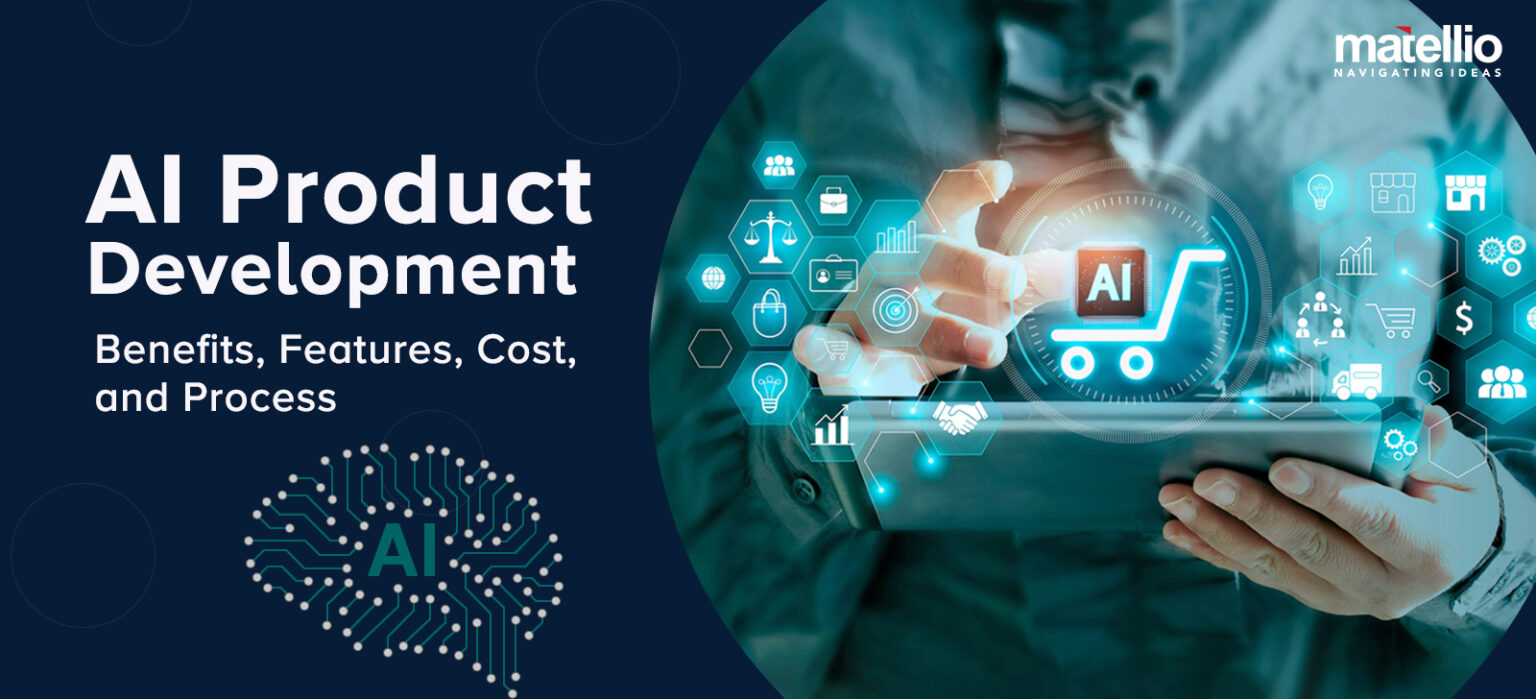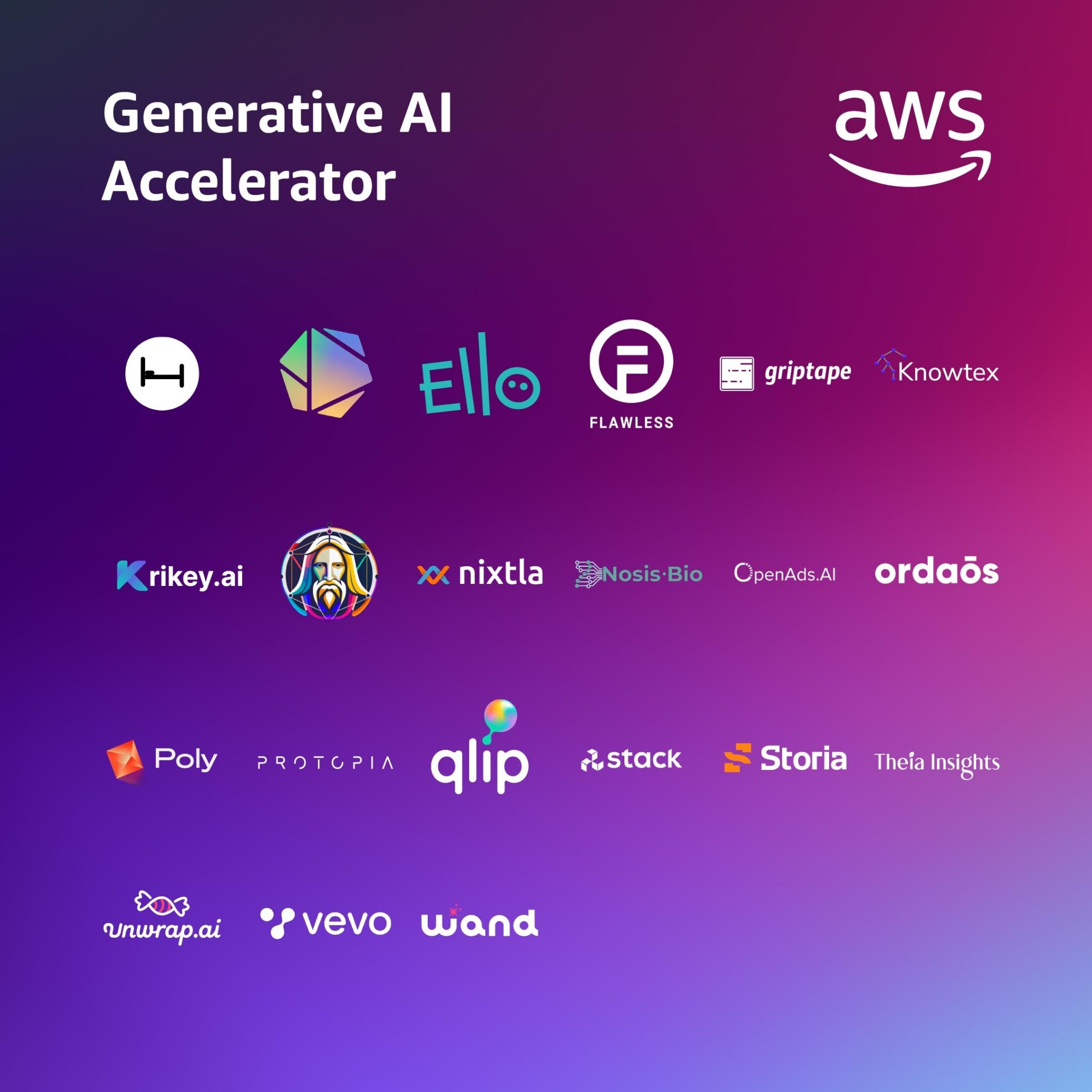
The Best Approaches to Integrate AI in Entrepreneurship

In today’s business world, ai for entrepreneurship is crucial. Entrepreneurs use artificial intelligence to improve operations, customer service, and outshine competitors. Given the many methods available, incorporating AI into a business can seem difficult. This blog post explains key strategies for joining AI into your business, whether you are a new entrepreneur or an experienced one.
This guide reveals the main uses of AI that can change how you do business. You will learn about the advantages of these technologies and face challenges during the process. We will provide steps to implement this in ways that are ethical and sustainable. Knowing AI’s future trends can help you keep your business innovative. It allows you to make choices that lead towards growth.
AI technology can help entrepreneurs succeed. By streamlining tasks and improving client interactions, your business can thrive to new heights. Explore all that ai for entrepreneurship has to offer.
Top Applications of AI in Entrepreneurship
AI for entrepreneurship is changing how businesses operate. It provides tools that improve efficiency and help in better decision making. Here are key applications of AI for entrepreneurs:
1. Chatbots powered by AI transform customer service. They work around the clock giving quick replies to customer questions, improving satisfaction levels. Chatbots handle routine queries, freeing human workers for complex matters, boosting the overall efficiency.
2. Analytic tools based on AI help entrepreneurs get insights from data. With AI analytics, companies discover trends and track customer actions, allowing better strategies. This can lead to improved results in sectors like sales and marketing.
3. AI algorithms optimize marketing tactics. By studying customer data, these algorithms find target groups for marketing efforts. This tailored marketing boosts conversion and increases ROI from marketing campaigns.
4. Predictive analytics improve supply chain operations. AI can predict inventory based on past data and current trends, enhancing inventory management. It helps cut costs linked to excess inventory or shortages, leading to smoother business activities.
5. AI-driven personalization increases satisfaction and loyalty. By looking at user data, companies can adapt their offerings to fit individual preferences. This personalization enriches the customer experience and can greatly enhance retention rates, necessary for success.
Adopting these applications of AI in entrepreneurship profoundly affects both daily processes and long-term strategy. As startup owners utilize these cutting-edge tools, they can maximize the advantages AI provides.
Understanding how these solutions can enhance entrepreneurship is crucial. It’s vital to discover the advantages of including AI, showcasing how they can increase efficiency and give a competitive edge.
Benefits of AI for Entrepreneurship
Implementing AI for entrepreneurship provides several advantages that can greatly improve a startup’s performance. One main benefit is lowering operational costs by automating repeated tasks. This allows startups to put their human resources to better use, boosting productivity.
AI for entrepreneurship also increases efficiency by making processes smoother. Startups that use AI tools can enjoy better workflows. Better workflow leads to improved resource allocation. Using resources wisely saves time and benefits the quality of goods or services provided to customers.
Another key benefit of AI for entrepreneurship is the edge it brings in quick and well-informed decision-making. With predictive analytics, startups can use data in market trends and consumer behavior. This lets them respond quickly in uncertain situations. Quick reactions can lead to better strategies that are ahead of competitors.
Additionally, AI for entrepreneurship enables scalability. Startups can grow without high extra costs. By using AI technologies, operations and customer bases can expand easily. AI systems can take on more work without a need for equal growth in resources.
In summary, using AI for entrepreneurship brings great benefits. It ranges from cost saves and increased efficiency to better decision-making and scalability. This creates a solid base for growth in competitive markets, opening doors for innovations and new opportunities ahead.
Common Challenges in AI for Entrepreneurs
Integrating AI for entrepreneurship offers many benefits. Yet, startups run into challenges that hinder adoption. High AI implementation costs can hold them back. Upfront costs can exceed budgets. Surveys show that about 60% of companies list cost as the top barrier for AI. This adds stress for new businesses.
Lack of skilled workers makes matters worse. Many startups find it hard to hire people with the right AI skills. Without the right team, even eager entrepreneurs can’t realize their vision. As demand for this talent grows, many struggle to find capable employees. This gap hurts startup hiring efforts.
Resistance to change creates barriers. Workers used to traditional methods may reject AI adoption. This reluctance can cause friction among teams, slowing AI implementation. Successful AI use demands not only tech changes but also a culture that supports new ideas.
Data privacy concerns are another big issue. Startups must handle consumer data carefully to follow laws and build trust. Increasing regulations about data use mean businesses must protect privacy. Research shows 46% of consumers worry about how their data gets applied. Entrepreneurs need responsible data practices.
In closing, while AI offers exciting possibilities for entrepreneurship, challenges like costs, skill deficits, reluctance to change, and data privacy require attention. Recognizing these hurdles will help entrepreneurs create smart AI strategies and ease their shift into an AI-driven environment.
Now that entrepreneurs see these common issues, they can target the essential steps to make AI work well in their business.
Strategic Steps for Effective AI Implementation
Implementing AI in entrepreneurship need a plan. Align AI with your organization’s goals. Knowing the steps to effectively use AI helps entrepreneurs use the technology successfully and maximize its advantages.
The first step is to assess current processes thoroughly. This assessment will highlight inefficiencies and areas where AI offers key improvements. By mapping workflows and finding bottlenecks, businesses can find ways AI can boost efficiency. This leads to better resource use and quicker decisions.
Then, you must set clear, measurable goals for AI that match business aims. Specific targets may involve productivity, cost savings, or customer satisfaction. Clear goals act as a guide for using AI and help measure its success in time.
It is also vital to create an AI integration team with diverse skills. This team needs members from departments like IT and operations. With different viewpoints and abilities, the team ensures chosen AI solutions are valuable across the business and more likely to succeed.
Choosing the right AI technology that meets business needs is crucial as well. Entrepreneurs should look for solutions that fit with current systems while resolving inefficiencies. This may mean reviewing several AI tools and platforms to ensure they align with business operations and customer engagement.
Successful AI implementation hinges on planning, clear goals, teamwork, and tech selection. These steps help overcome challenges in AI integration and lead to using AI for innovation and gaining an edge.
As companies get ready to use AI, consider AI governance and ethics. These ensure a responsible and fair application of AI technologies, which supports sustainability and trust in entrepreneurship.
AI Governance and Ethical Practices
Entrepreneurs now using ai for entrepreneurship must set a strong framework for governance. This is key to manage ethical issues and to keep aligned with regulations. By having clear governance structures, companies will prevent slips in ethics and assest responsible use of AI, which builds trust among customers.
Training for staff on ethical AI practices is important groundwork. When workers know ethical parts of AI, they more likely implement solutions with company values and societal hexpectations. Having workshops and training sessions can share the best practices and tackle new challenges in AI technology.
Regular audits play a key role in making sure AI policies are being followed. These reviews can spot risks, biases, or unethical actions in AI usage. By doing these evaluations often, businesses can address issues early and make sure ai systems align with ethical rules and regulation standards.
Furthermore, decision-making processes that use AI should have transparency. This not only adds accountability but also builds public trust. When stakeholders see how AI gets to decisions, they can critique outcomes better, leading to more informed discussions about tech usage. This approach can set a business apart in competitive fields where ethical concerns matter, like health and finance.
To embed governance and ethical practices around ai for entrepreneurship, founders can protect operations while boosting brand image. These foundations aid companies as they move into more AI capabilities.
Future Trends of AI in Entrepreneurship
AI for entrepreneurship is changing everything. Businesses embrace AI technologies, shifting practices towards data-driven decisions. AI has improved operational efficiency for 40% of firms. This emphasizes the role AI plays in today’s entrepreneurial efforts.
As AI for entrepreneurship evolves, fresh opportunities emerge. Entrepreneurs can use this tech to stand out. Generative AI offers startups new methods to craft content and boost customer interaction. Personalized marketing and services adapt to individual demands quicker than before.
Another key trend is the blend of AI tools with human talent. This mix is expected to boost productivity. About 60% of businesses plan to refine processes through effective AI-human partnerships. Entrepreneurs must create teams skilled at collaborating with AI, promoting a tech-friendly environment that enhances human capabilities.
Keeping pace with AI innovations is vital for competitiveness in entrepreneurship. Companies that adjust quickly to AI trends find advantage over rivals. A significant 67% of founders claim AI expertise can spur growth and innovation. Thus, entrepreneurs must pursue knowledge on new AI advancements and embed these ideas in their strategies.
Conclusion
In conclusion, ai for entrepreneurship offers many chances for startups. They can improve operations and stay relevant in fast changing market. This article covered key applications of ai that can change customer engagement, make operations easier, and enhance decision-making. We also mentioned the big benefits ai gives, like better efficiency and insights based on data. However, entrepreneurs do face some challenges when they bring these techs onboard.
To put ai into action, it helps to take solid steps like knowing what you need, having clear goals, and ensure you have proper governance and ethical practice. As we think about the future, the role of ai in entrepreneurship is clear. New trends will change business as we know it.
Now is good time for you to start acting. Look at how ai can fit into your journey as an entrepreneur for innovation and growth. Remember, using ai for entrepreneurship isn’t just optional; it’s a need in current digital ages. Future is here—be ready to grab it!
About AI Product Accelerator
AI Product Accelerator offers a structured 12-week program designed to help aspiring and experienced AI entrepreneurs build and launch valuable AI products, providing comprehensive coaching and practical insights.
Join a supportive community where you can transform your AI ideas into market-ready solutions; start your journey today at AI Product Accelerator.

/read more
Related Articles


Mastering the Best AI Product Development Techniques

